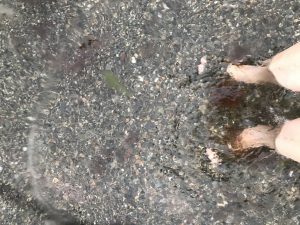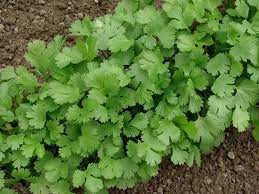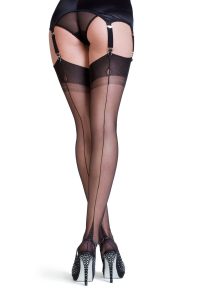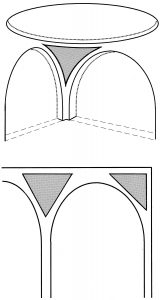Two weird thoughts in one day. What’s wrong with me?
I have spoken here a few times about the fact that I have syneasthesia. I have the sort of syneasthesia which means that numbers, letters, words and concepts have colour. My syneasthesia also gives numbers personalities and I ‘hear’ sounds that don’t exist. Weird? A little.
Today I made the discovery that my partner in crime and life suffers from a different form if syneasthesia to me. This is one which might sound strange but isn’t as rare as you might think. I’ve suspected that he’s had this for a while but today was the first time I’d ever voiced it to him out loud.
He has mirror-pain syneasthesia. Thus can be a temporary condition and he tells me he hasn’t always had it. This type of syneasthesia means that at one end of the spectrum you feel touch when you see someone touch something but at the other end you feel actual pain when you see someone suffer an injury. With him, it is most acute when related to anything to do with feet or legs. It has got to the point that if I say the word ‘paddle’ as I have a few times today as we are by the sea, he winces into actual and real pain.
It is like he gets an electric shock if I mention certain keywords. He can’t watch me paddle as that is unbearable to him.
Apparently up to 17% of the population suffer or have suffered from this. It’s not so ‘weird’ after all. Even if it is, it’s wonderful to have something that not everyone does. I’m not sure how this could be used as a super power but until we work that out or how to stop it happening I have to paddle alone.

















Recent Comments